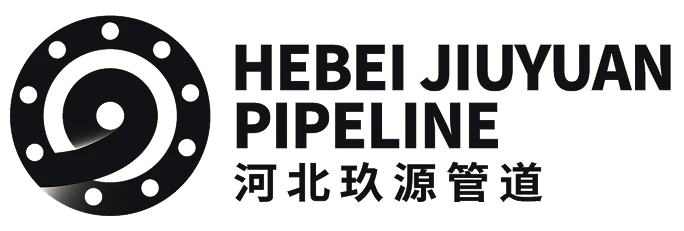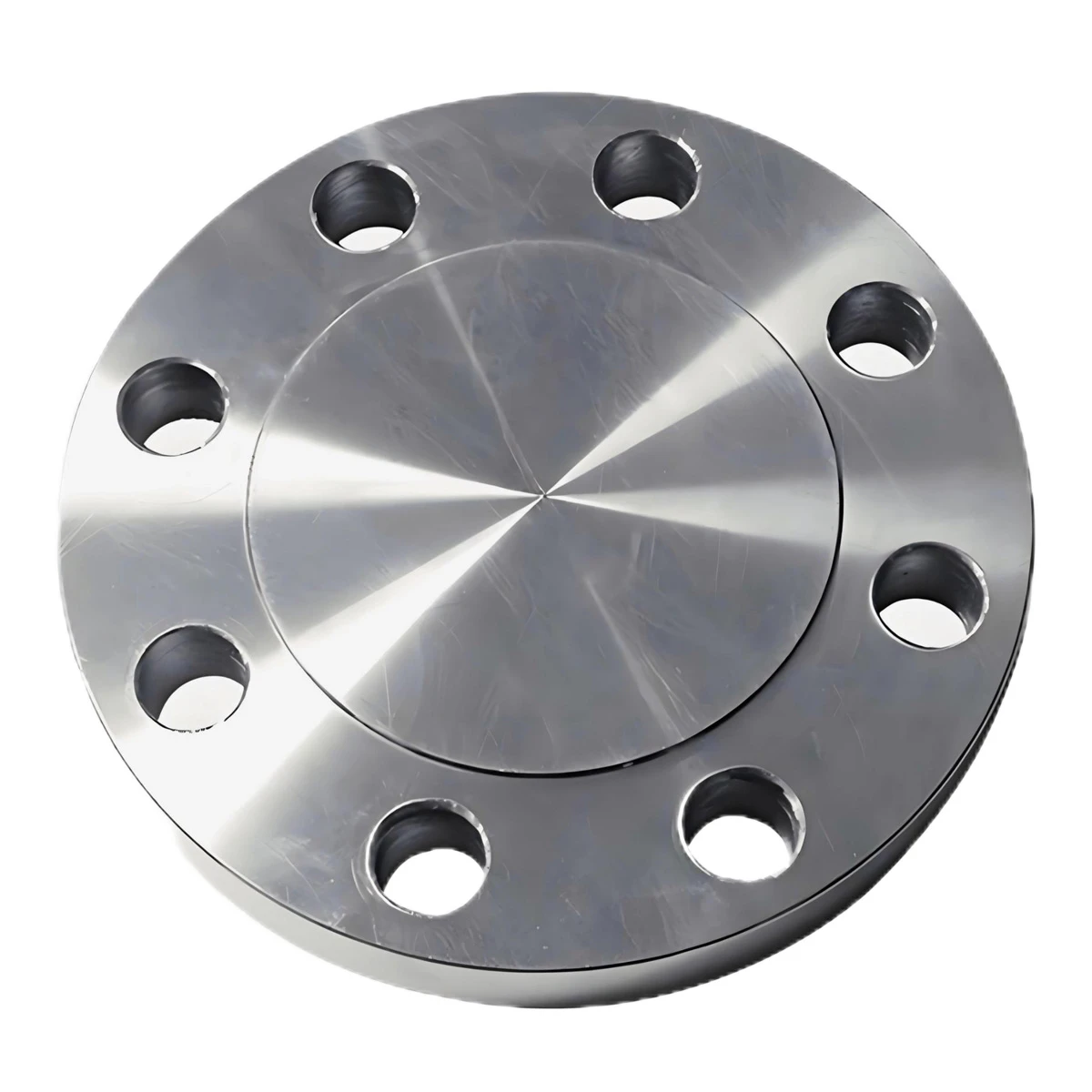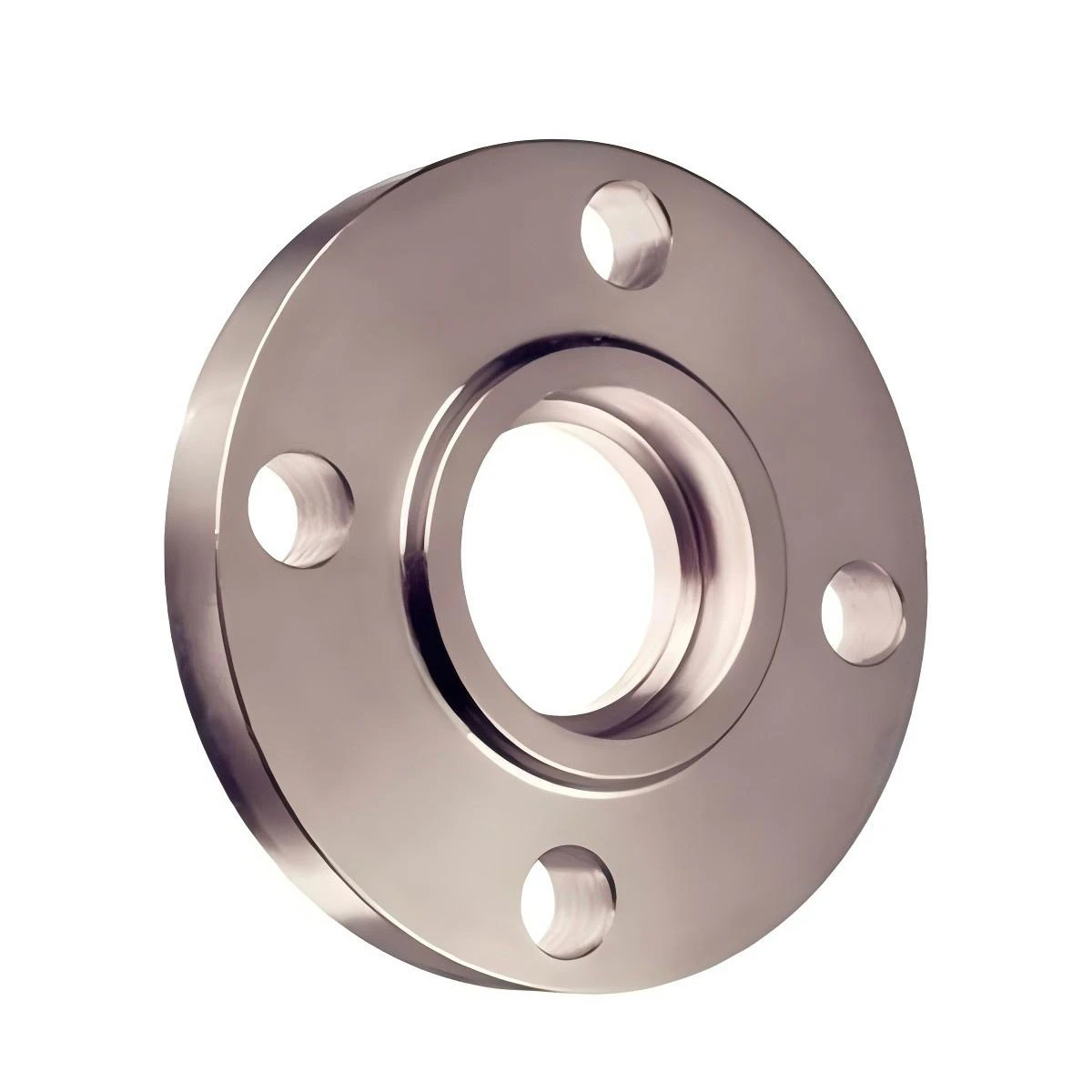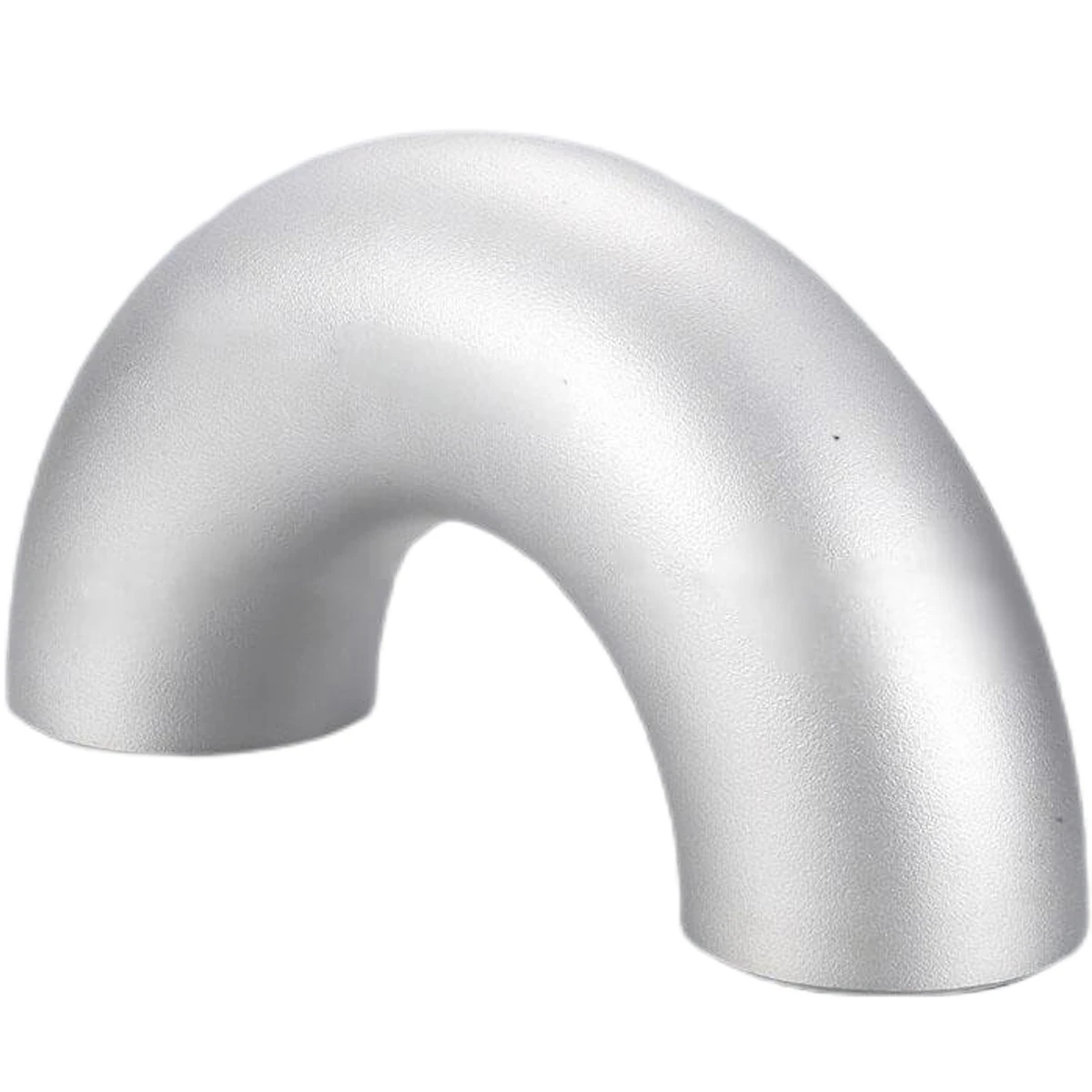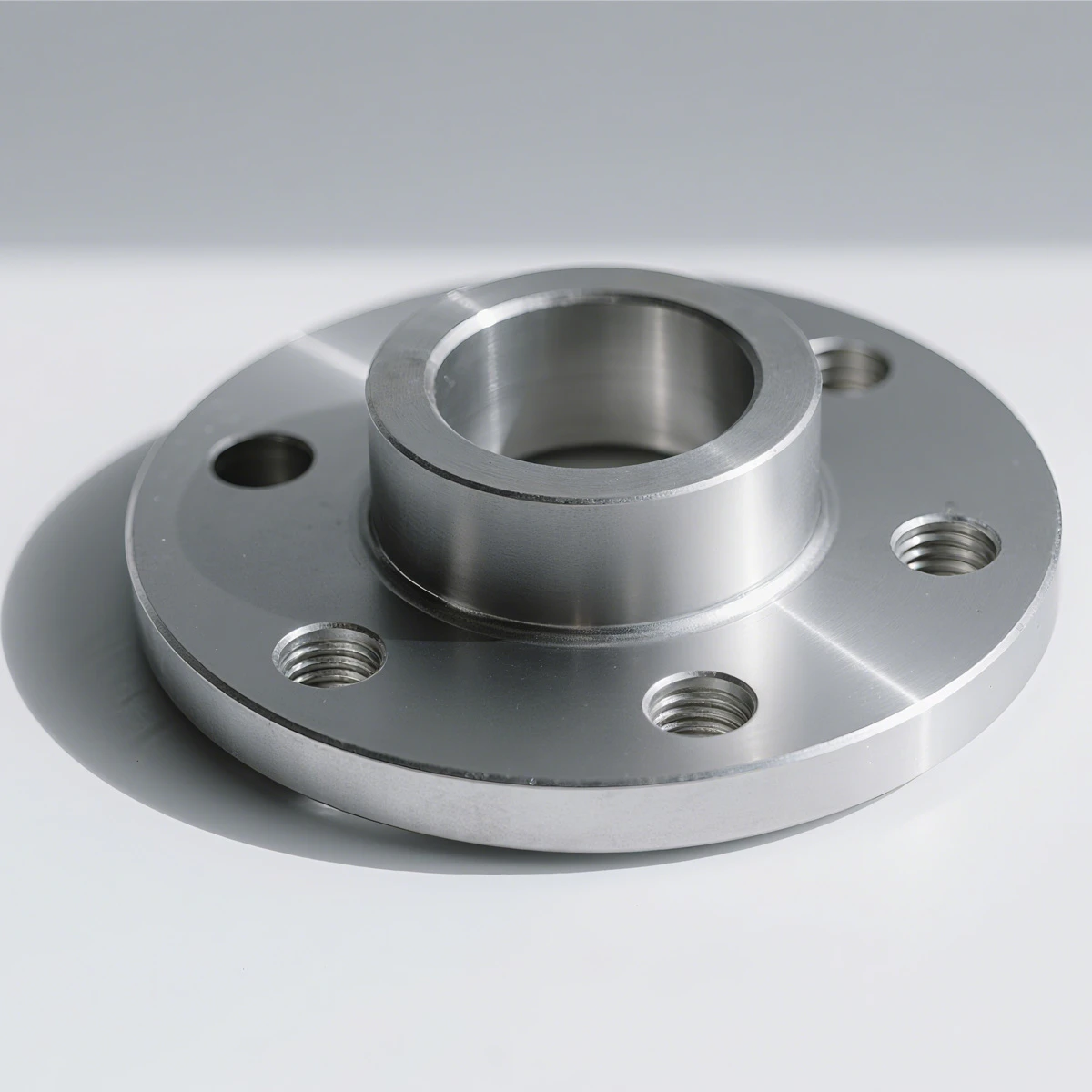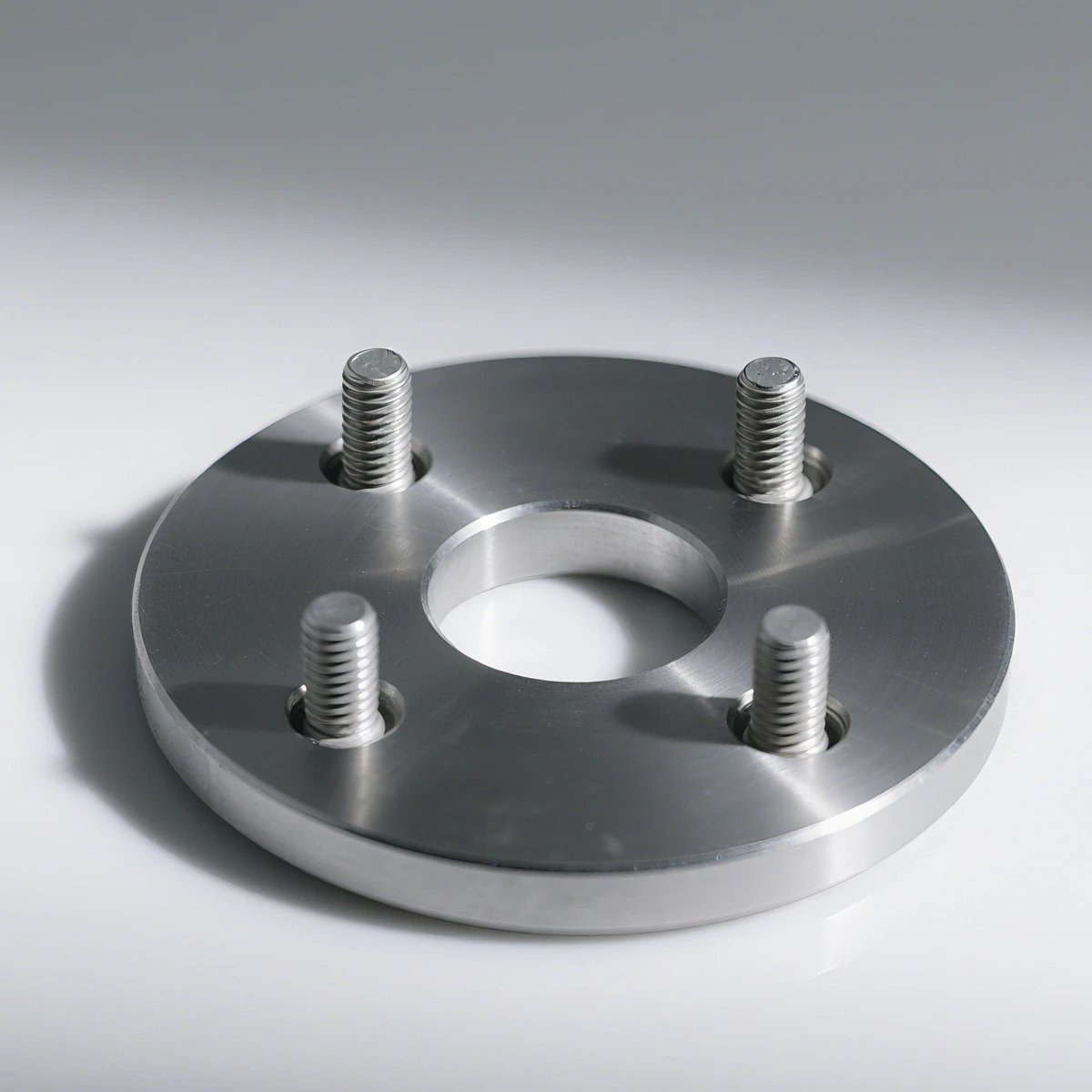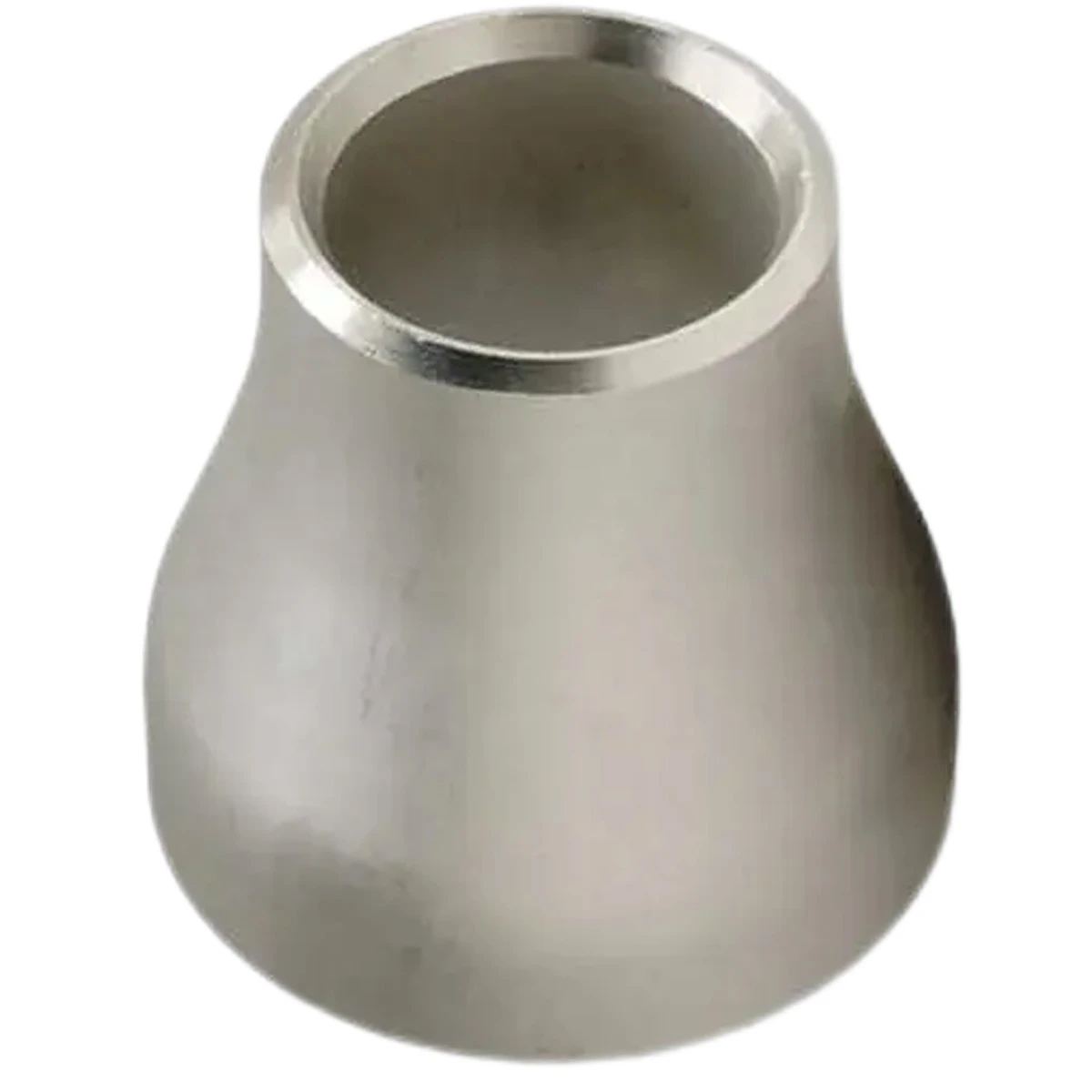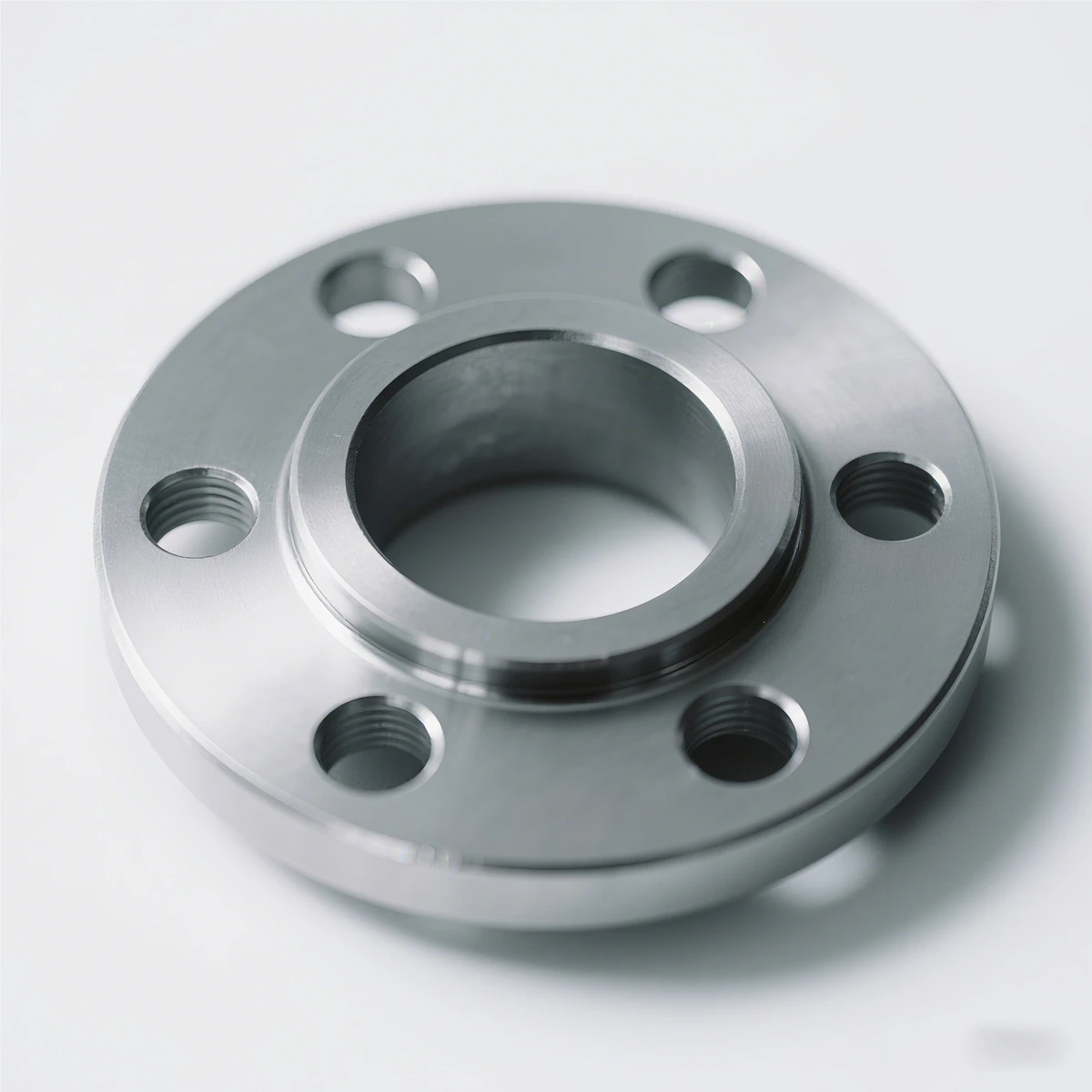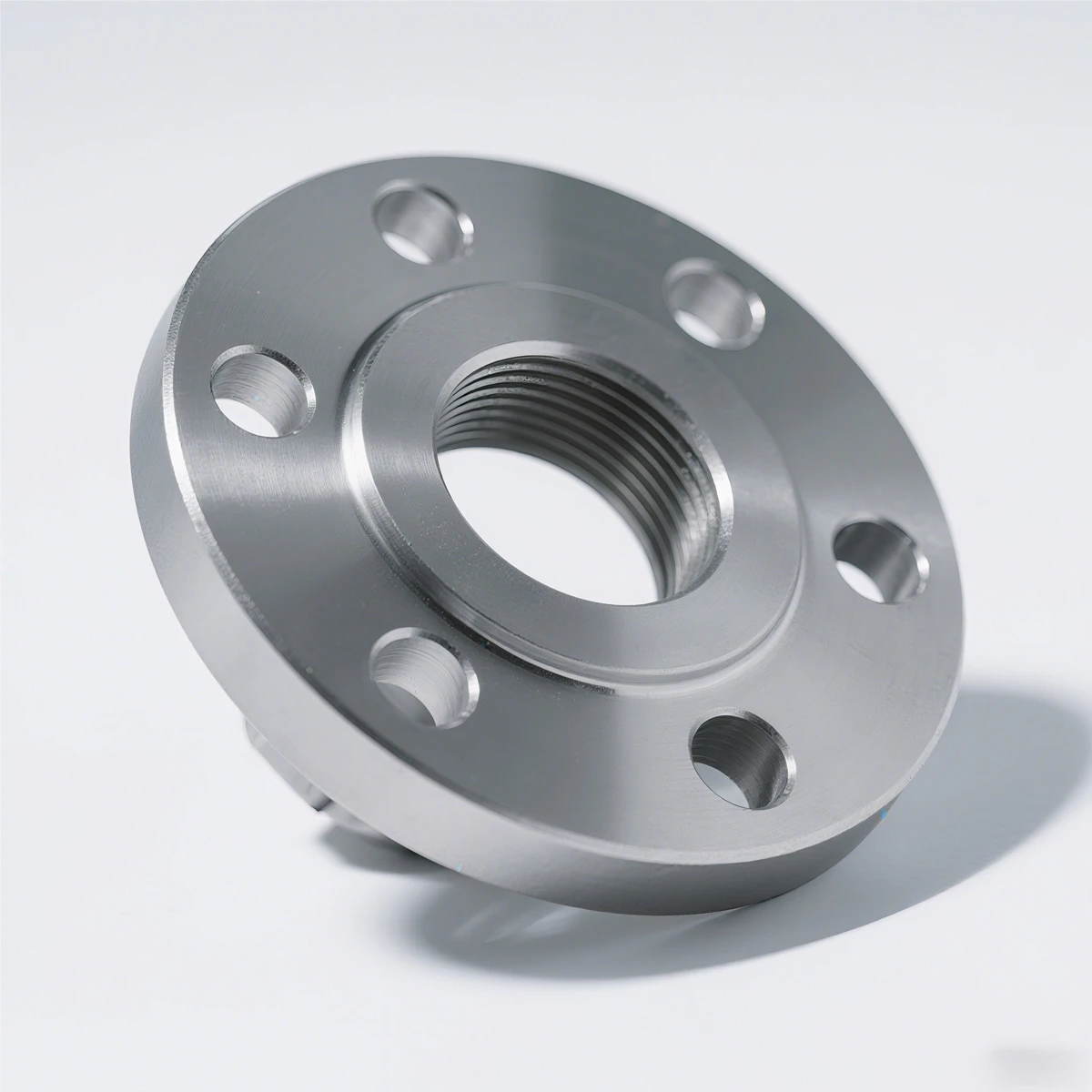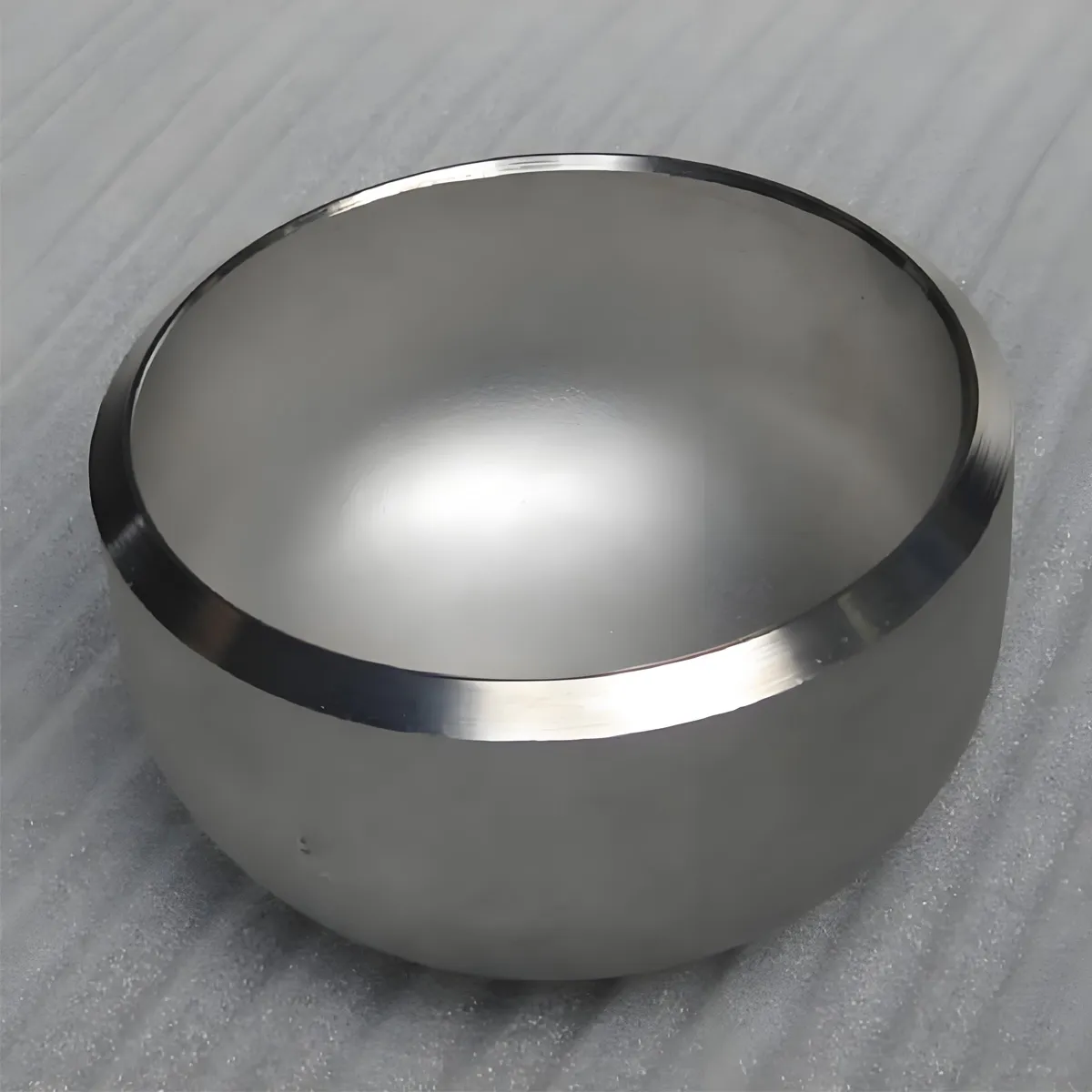
The Indispensable Role of Pipe Caps in Modern Industrial Systems
In the intricate world of industrial piping and fluid conveyance, the integrity and longevity of a system often hinge on the performance of its seemingly smallest components. Among these, pipe caps stand out as critical elements for sealing, protecting, and terminating pipelines. These essential fittings serve a multitude of purposes, from preventing contamination and maintaining pressure to ensuring safety during storage, transportation, and system shutdown. Unlike other fittings that facilitate flow or change direction, caps are designed to provide a secure, closed end, effectively isolating sections of pipe or vessels. This primary function is paramount across diverse sectors, including the petrochemical, oil and gas, power generation, and water treatment industries, where maintaining system cleanliness and preventing leakage are non-negotiable. The selection of the appropriate pipe cap involves a detailed understanding of material compatibility, pressure ratings, temperature tolerances, and environmental conditions. Our commitment extends to delivering solutions that not only meet but exceed rigorous industry standards, ensuring robust performance and exceptional reliability in even the most demanding operational environments. This foundational understanding underpins our approach to manufacturing and supplying high-quality pipe caps tailored to specific industrial needs.
The demand for robust and reliable sealing solutions has led to significant advancements in the design and manufacturing of pipe caps. Beyond their basic function, modern pipe caps are engineered to provide enhanced resistance to corrosion, abrasion, and extreme temperatures, making them versatile for a wide array of applications. Consider, for instance, `tube end caps` used in heat exchangers, where precise fit and material integrity are crucial for thermal efficiency and preventing cross-contamination. Similarly, a `pipe end cap` in a chemical processing plant must withstand aggressive media while ensuring zero leakage to prevent environmental hazards. These components are vital for pipeline integrity, ensuring that systems remain secure and operational, minimizing downtime, and maximizing efficiency. The evolving landscape of industrial infrastructure, characterized by complex network designs and more stringent regulatory requirements, continues to drive innovation in pipe cap technology. Manufacturers are increasingly focusing on sustainable materials, advanced manufacturing processes like precision CNC machining, and rigorous quality control to meet the escalating demands of global industries. This continuous evolution ensures that pipe caps remain at the forefront of pipeline protection and system optimization, safeguarding critical assets and processes.

Technical Parameters and Specifications: Precision Engineering for Optimal Performance
The performance of pipe caps is directly tied to their technical specifications, which are meticulously defined to meet the demanding requirements of various industrial applications. Key parameters include material composition, dimensional standards, pressure ratings, and temperature limits. Common materials for industrial pipe caps encompass carbon steel (e.g., ASTM A234 WPB, ASTM A105), stainless steel (e.g., ASTM A403 WP304/304L, WP316/316L), alloy steel (e.g., ASTM A234 WP11, WP22, WP91), and sometimes non-ferrous alloys or specialized plastics for specific corrosive or lightweight applications. Dimensions typically adhere to global standards such as ANSI/ASME B16.9 for wrought fittings or B16.11 for forged fittings, specifying nominal pipe size (NPS), outside diameter (OD), and wall thickness (WT). For instance, a specific requirement for `2 3 8 pipe caps` indicates a precise dimension critical for compatibility with corresponding piping systems. Pressure ratings, often categorized by ASME/ANSI classes (e.g., Class 150, 300, 600, 900, up to 2500), dictate the maximum permissible operating pressure at a given temperature, a crucial factor for safety and operational integrity. Furthermore, understanding the applicable temperature range is vital to prevent material degradation or catastrophic failure, particularly in cryogenic or high-temperature environments found in refining or power generation.
Ensuring the precise adherence to these technical parameters requires sophisticated manufacturing processes and stringent quality control. For example, the precise manufacturing of a `tube end cap` for sensitive instrumentation tubing demands exceptional dimensional accuracy and surface finish to prevent leakage and maintain system integrity. Our products are engineered with meticulous attention to detail, leveraging advanced simulation and testing to validate their performance characteristics before deployment. This includes extensive material testing for chemical composition, mechanical properties (tensile strength, yield strength, hardness), and corrosion resistance. Furthermore, non-destructive testing (NDT) methods such as ultrasonic testing (UT), radiographic testing (RT), and magnetic particle testing (MPT) are routinely employed to detect any internal or surface flaws. This comprehensive approach to technical specification and validation guarantees that our pipe caps not only comply with international standards like ISO and ANSI but also offer superior durability and reliability, ultimately contributing to the long-term efficiency and safety of client operations. The table below illustrates typical specifications for commonly requested pipe caps, highlighting the breadth of our product offerings and our capability to meet diverse industrial needs with precision and confidence.
| Parameter | Common Specifications / Range | Relevant Standards |
|---|---|---|
| Material Grade | Carbon Steel (ASTM A234 WPB, A105), Stainless Steel (ASTM A403 WP304/304L, WP316/316L), Alloy Steel (ASTM A234 WP11, WP22, WP91) | ASTM, ASME, EN |
| Size Range (NPS) | 1/2" to 48" (DN15 to DN1200), larger sizes available upon request | ASME B16.9, MSS SP-43 |
| Wall Thickness (Sch) | Sch 10, Sch 20, Sch 30, Sch 40, Sch 60, Sch 80, Sch 100, Sch 120, Sch 140, Sch 160, XS, XXS | ASME B36.10M, B36.19M |
| Pressure Rating | Class 150, 300, 600, 900, 1500, 2500, PN6-PN160 | ASME B16.5, B16.47 |
| Applicable Temperature | -45°C to +600°C (Material Dependent) | ASTM, ASME |
| Surface Treatment | Black Paint, Anti-rust Oil, Galvanized, FBE Coating, 3PE Coating | N/A |
| Manufacturing Process | Hot Forming, Cold Forming, Forging, CNC Machining | ISO 9001, API |
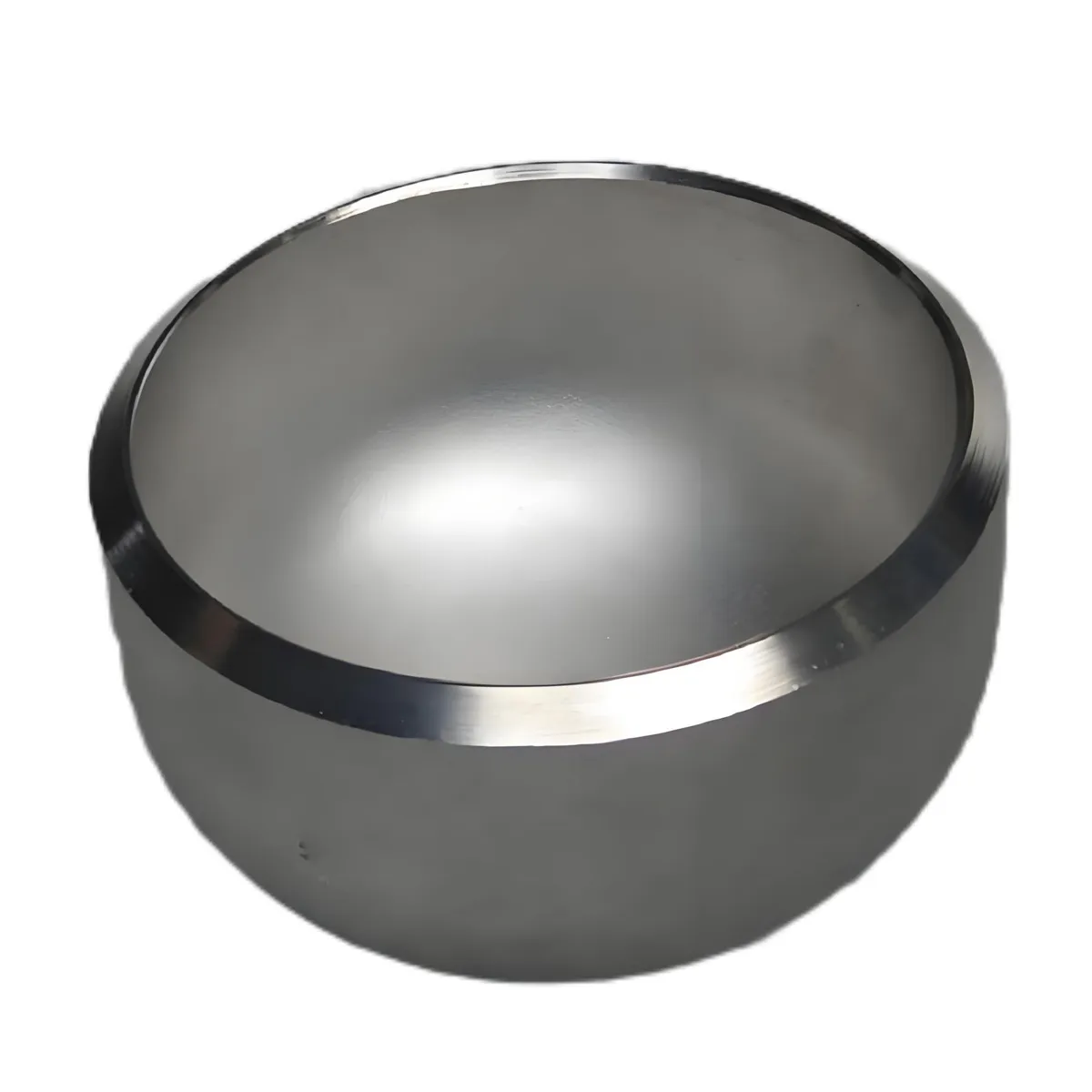
The Manufacturing Journey: From Raw Material to Precision Pipe Caps
The production of high-quality pipe caps is a sophisticated process involving several critical stages, each rigorously controlled to ensure dimensional accuracy, material integrity, and long-term performance. It begins with the careful selection of raw materials, typically seamless steel pipes or plates, which are sourced from accredited suppliers and undergo thorough material verification tests to confirm their chemical composition and mechanical properties against industry standards like ASTM or EN. Once approved, the material proceeds to the cutting phase, where it is precisely cut to the required dimensions using advanced techniques such as plasma cutting or saw cutting. This is followed by the forming process, which can involve several methods depending on the size and material of the cap. For larger pipe caps, hot forming, also known as hot pressing or deep drawing, is commonly employed. Here, heated steel is shaped in a die under immense pressure, allowing for intricate geometries and seamless construction. For smaller or more precise `tube end caps`, cold forming or CNC machining is often preferred, offering exceptional dimensional control and surface finish. For example, a `2 3 8 pipe caps` might undergo precision CNC turning to achieve its exact specifications.
Following the initial forming, subsequent processes enhance the pipe caps' structural integrity and performance characteristics. Heat treatment, such as annealing or normalizing, is applied to relieve internal stresses accumulated during forming and to optimize the material's microstructure, enhancing its ductility and toughness. Surface treatment, like shot blasting, black painting, or anti-rust oil application, provides crucial corrosion protection, extending the cap's service life in aggressive environments. For applications requiring superior resistance, specialized coatings such as Fusion Bonded Epoxy (FBE) or 3-Layer Polyethylene (3PE) are applied. The final and arguably most critical stage is inspection and testing. Every pipe cap undergoes rigorous quality checks, including dimensional inspection using precision instruments, visual inspection for surface defects, and non-destructive testing (NDT) such as ultrasonic testing (UT) or radiographic testing (RT) to detect internal flaws. Hydrostatic testing may also be performed to verify pressure integrity for certain applications. Adherence to international quality management systems like ISO 9001 and product-specific standards like ANSI B16.9 and API ensures that each pipe cap leaving the facility meets the highest benchmarks for reliability, safety, and durability, guaranteeing a typical service life that aligns with the pipeline it seals, often spanning decades in well-maintained systems. These pipe caps are critical across various industries, including petrochemicals, where they prevent leaks; metallurgy, where they cap furnace components; and water treatment, where they seal pipelines against contamination, offering distinct advantages such as energy saving through leak prevention and exceptional corrosion resistance.
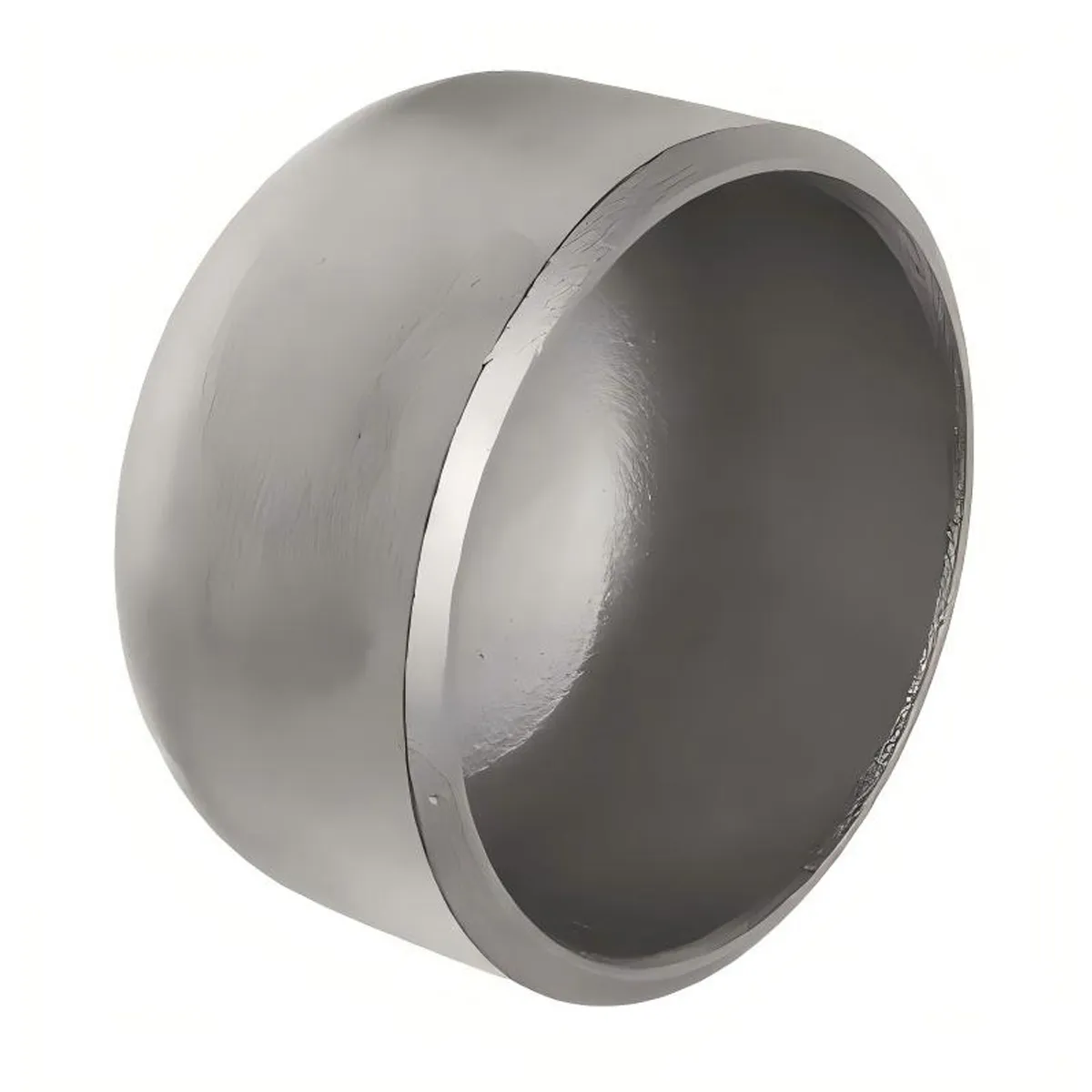
Versatile Applications and Unmatched Technical Advantages of Pipe Caps
The versatility of pipe caps makes them indispensable across a spectrum of industries, playing a vital role in ensuring system integrity and operational efficiency. In the highly demanding oil and gas sector, both upstream and downstream, pipe caps are used to temporarily seal pipelines during maintenance, protect open pipe ends from debris and corrosion during transportation and storage, or permanently terminate a line, often a `pipe end cap` for a specific branch. Their robust construction and ability to withstand high pressures and corrosive media are critical in preventing leaks and ensuring safe operations. Within the petrochemical industry, pipe caps are deployed in processing units, refineries, and chemical plants to secure vessels, close off unused nozzles, or provide permanent sealing solutions for process lines, especially those handling hazardous chemicals. Similarly, in power generation facilities, including conventional thermal and nuclear power plants, these components are crucial for sealing steam lines, water circuits, and auxiliary piping systems, where high temperatures and pressures are standard.
Beyond their primary sealing function, pipe caps offer significant technical advantages. Their seamless integration into piping systems ensures minimal turbulence and pressure drop, contributing to overall system efficiency. The selection of materials like stainless steel or specialized alloys provides exceptional corrosion resistance, extending the lifespan of the entire pipeline network and reducing maintenance costs, a key benefit in sectors like water supply and drainage where long-term durability is paramount. Furthermore, the precision manufacturing, often involving CNC machining for components like `2 3 8 pipe caps`, ensures a perfect fit, minimizing the risk of leaks and enhancing system safety. In metallurgical plants, for instance, pipe caps might protect sensitive instrumentation lines from extreme heat and dust, while in shipbuilding, they are critical for sealing ballast tanks and fuel lines. The inherent design of a well-engineered pipe cap also contributes to energy saving by maintaining pressure within systems and preventing valuable fluid loss, thereby reducing operational expenses. Their ability to shield internal pipe surfaces from environmental elements also reduces the likelihood of internal fouling or corrosion, which can lead to costly repairs and operational downtime. Our extensive experience in these diverse environments allows us to provide pipe caps that are not just components, but solutions designed for maximum performance and reliability, backed by a deep understanding of application-specific challenges and benefits.
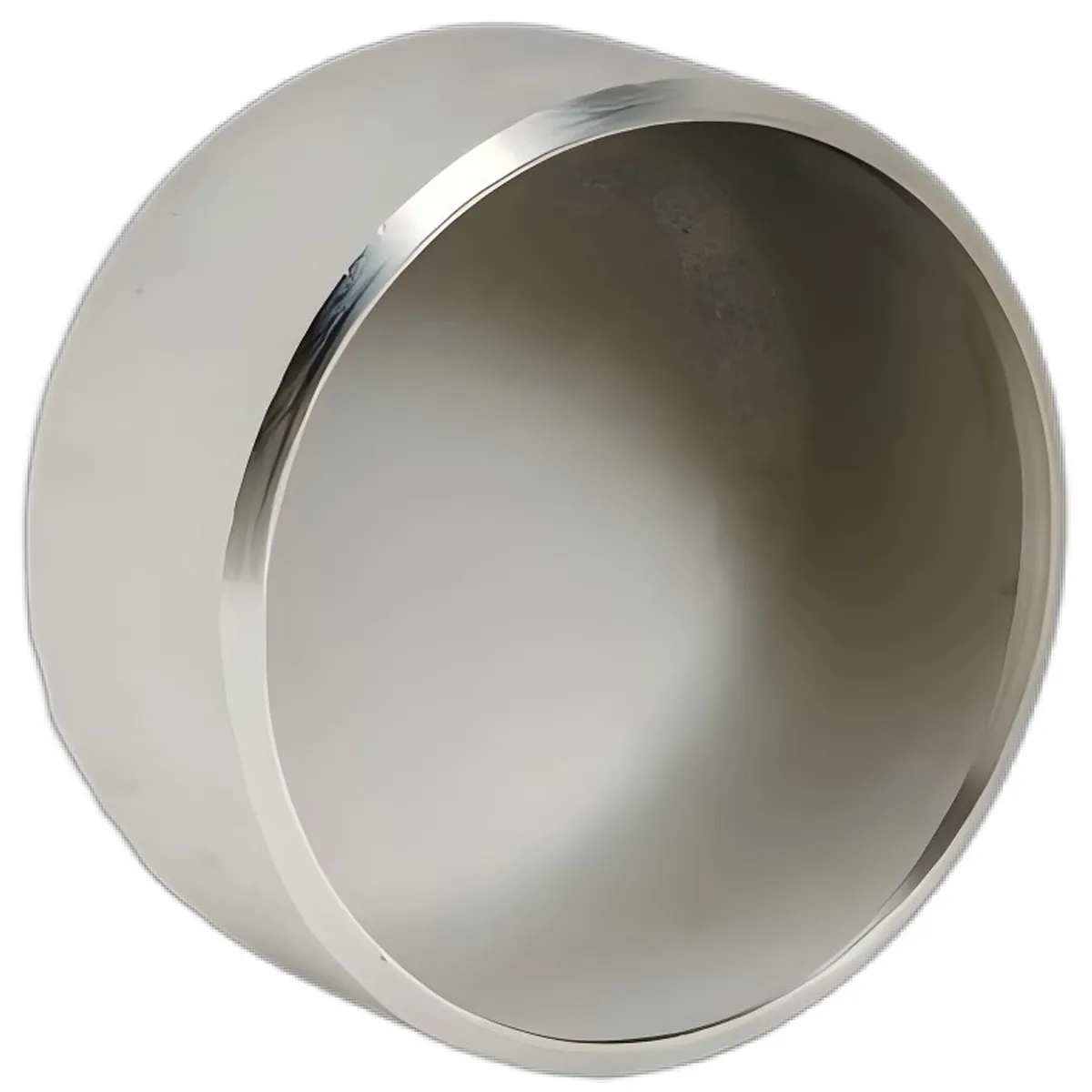
Choosing the Right Partner: Manufacturer Comparison and Custom Solutions
Selecting the right manufacturer for pipe caps is a strategic decision that directly impacts project success, system reliability, and long-term operational costs. Key factors differentiating manufacturers include their adherence to international standards, the breadth of their product range, their technical expertise, and their capacity for providing custom solutions. A reputable manufacturer will possess certifications like ISO 9001 for quality management, demonstrating a consistent commitment to quality control throughout the production process. They should also provide products compliant with major industry specifications such as ASME B16.9 for butt-weld fittings and various ASTM material standards. Beyond standard offerings, a leading manufacturer will excel in providing custom pipe caps solutions, understanding that many industrial projects have unique requirements that off-the-shelf products cannot meet. This might involve manufacturing pipe caps from specialized alloys for extreme corrosive environments, developing non-standard sizes like specific `2 3 8 pipe caps` with particular wall thicknesses, or applying proprietary coatings for enhanced performance. Our company, with years of dedicated service in the pipeline components sector, prides itself on a proven track record of delivering high-quality, certified products that meet and exceed customer expectations, demonstrating our authoritative standing in the market.
When evaluating potential manufacturers, prospective clients should scrutinize their production capabilities, material sourcing transparency, and testing protocols. A manufacturer's investment in advanced manufacturing technologies, such as automated forming machines and precision CNC equipment for `tube end caps`, indicates a commitment to high-quality, repeatable output. Furthermore, the ability to provide comprehensive test data, including material certificates, dimensional reports, and NDT reports, signifies transparency and confidence in product quality. Our extensive service record and long-standing partnerships with global engineering firms and industrial giants attest to our reliability and expertise. We are not merely suppliers but technical partners, offering expert consultation on material selection, design optimization, and application-specific engineering challenges. Our dedicated R&D team continuously explores new materials and manufacturing techniques to push the boundaries of what pipe caps can achieve in terms of performance and durability. This proactive approach ensures that our clients receive solutions that are not only compliant with current regulations but are also prepared for future industrial demands, providing a robust return on investment and contributing to the overall integrity and longevity of their critical infrastructure.
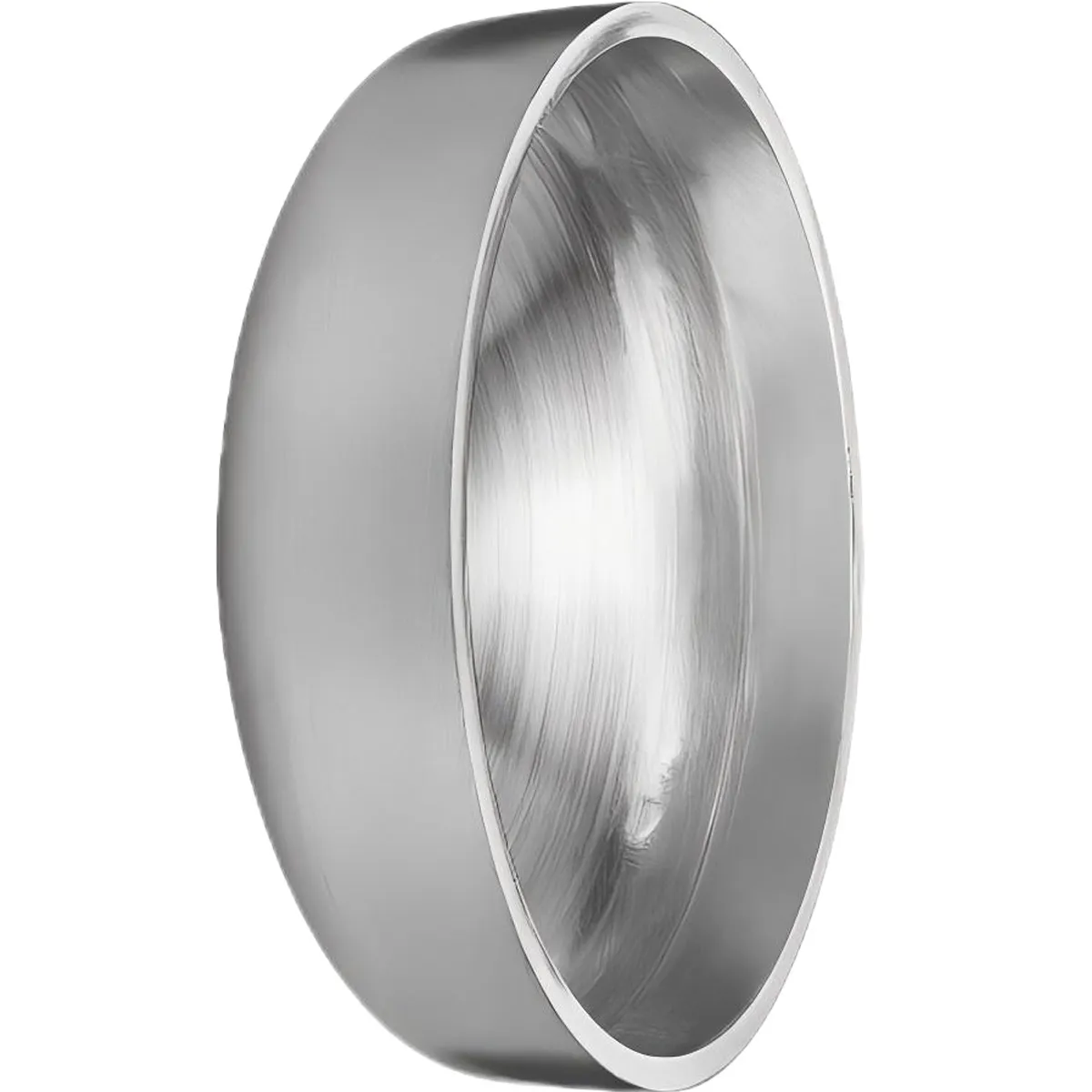
Ensuring Trustworthiness: FAQs, Delivery, and Comprehensive Customer Support
Building trust with B2B clients requires more than just high-quality products; it demands transparency, reliable support, and clear commitments. We understand that purchasing critical pipeline components like pipe caps involves significant investment and operational considerations. To foster this trust, we maintain an open dialogue, addressing common inquiries and providing comprehensive support throughout the project lifecycle. Our frequently asked questions (FAQs) cover topics ranging from material selection criteria for specific applications to installation guidelines and maintenance best practices, helping clients make informed decisions. For instance, clients often ask about the suitable material for high-temperature service or the compatibility of a specific `pipe end cap` with existing piping systems, to which our technical team provides detailed, data-driven answers. We also offer guidance on specific products, such as distinguishing between different types of `tube end caps` based on their sealing mechanisms or the precise dimensions of `2 3 8 pipe caps` for certain equipment interfaces. Our proactive customer service ensures that all technical specifications and application challenges are thoroughly understood and resolved, providing peace of mind to project managers and engineers.
Beyond product information, the logistical aspects of delivery and post-sales support are paramount. We recognize the criticality of project timelines and strive to provide accurate and reliable delivery schedules. Our typical delivery cycle for standard pipe caps is communicated clearly upfront, with options available for expedited orders when project urgency demands. For large or custom orders, we provide detailed production and shipping schedules, keeping clients informed every step of the way. Our commitment to quality is further solidified by our comprehensive quality assurance and warranty policies. Every pipe cap is backed by a robust warranty, reflecting our confidence in its manufacturing integrity and performance. In the unlikely event of any issue, our dedicated customer support team is readily available to provide swift and effective resolutions, ensuring minimal disruption to client operations. This includes technical assistance for installation, troubleshooting, and guidance on long-term maintenance. Our goal is to be a reliable partner, not just a supplier, ensuring that every interaction reinforces our commitment to excellence and client satisfaction.
Frequently Asked Questions (FAQs)
-
Q: How do I select the correct material for my pipe cap application?
A: Material selection for pipe caps depends on various factors including operating temperature, pressure, the fluid media (corrosive or non-corrosive), and environmental conditions. Common choices are carbon steel for general purpose, stainless steel for corrosion resistance, and alloy steel for high-temperature/high-pressure applications. Consult our technical team for detailed guidance based on your specific requirements. -
Q: What inspection standards do your pipe caps adhere to?
A: Our pipe caps are manufactured and inspected in strict accordance with international standards such as ASME B16.9, MSS SP-43, and relevant ASTM material specifications. Our facilities are ISO 9001 certified, ensuring consistent quality management. We perform comprehensive checks including dimensional inspection, visual inspection, and non-destructive testing (NDT) like UT or RT. -
Q: Can you provide custom pipe caps for unique project requirements?
A: Absolutely. We specialize in providing custom pipe caps solutions, including non-standard sizes like specific `2 3 8 pipe caps`, unique material grades, or specialized coatings tailored to particular operational demands. Please provide your detailed specifications and our engineering team will develop a bespoke solution. -
Q: What are your typical delivery lead times for pipe caps?
A: Lead times for pipe caps vary based on order volume, product type, and customization requirements. Standard products typically have shorter lead times. We strive to provide transparent and efficient delivery schedules and can discuss expedited options for urgent projects. Please contact our sales team for a precise quote and delivery estimate.
Conclusion: Pioneering Excellence in Pipe Cap Solutions
In summary, pipe caps are far more than simple closures; they are critical components that safeguard industrial infrastructure, enhance operational safety, and contribute significantly to the longevity and efficiency of piping systems across global industries. From the initial raw material selection to advanced manufacturing processes like forging and CNC machining, and through rigorous quality control, every stage in the production of a pipe cap is geared towards delivering uncompromising performance. Their versatile applications span high-pressure oil and gas pipelines, corrosive chemical processing plants, and critical municipal water networks, where their technical advantages, including superior corrosion resistance, high-pressure tolerance, and leak prevention capabilities, are indispensable. The ongoing innovation in materials and manufacturing techniques ensures that pipe caps continue to evolve, meeting the increasingly stringent demands of modern industrial environments and supporting complex engineering challenges.
Choosing a reliable manufacturer capable of delivering both standard and highly customized pipe caps is crucial for project success. Our long-standing expertise, commitment to international standards such as ISO and ANSI, and proven track record of customer satisfaction position us as a trusted partner in this specialized field. We are dedicated to providing not just products but comprehensive solutions, backed by technical support, transparent delivery processes, and robust quality assurances. As industries continue to advance and global infrastructure demands reliable and efficient fluid conveyance systems, the role of high-quality pipe caps will only grow in importance, reinforcing their status as a fundamental building block of industrial integrity. We remain committed to pioneering excellence in this vital component category, supporting our clients' success with every pipe cap we deliver.
References
- ASME Boiler and Pressure Vessel Code, Section VIII, Division 1: Rules for Construction of Pressure Vessels. American Society of Mechanical Engineers.
- ASTM A234/A234M - 18, Standard Practice for Piping Installations. American Society for Testing and Materials.
- ANSI/ASME B16.9 - 2018, Factory-Made Wrought Butt-Welding Fittings. American Society of Mechanical Engineers.
- ISO 9001:2015, Quality management systems — Requirements. International Organization for Standardization.
- Corrosion Control in the Oil and Gas Industry. Woodhead Publishing Series in Energy.
-
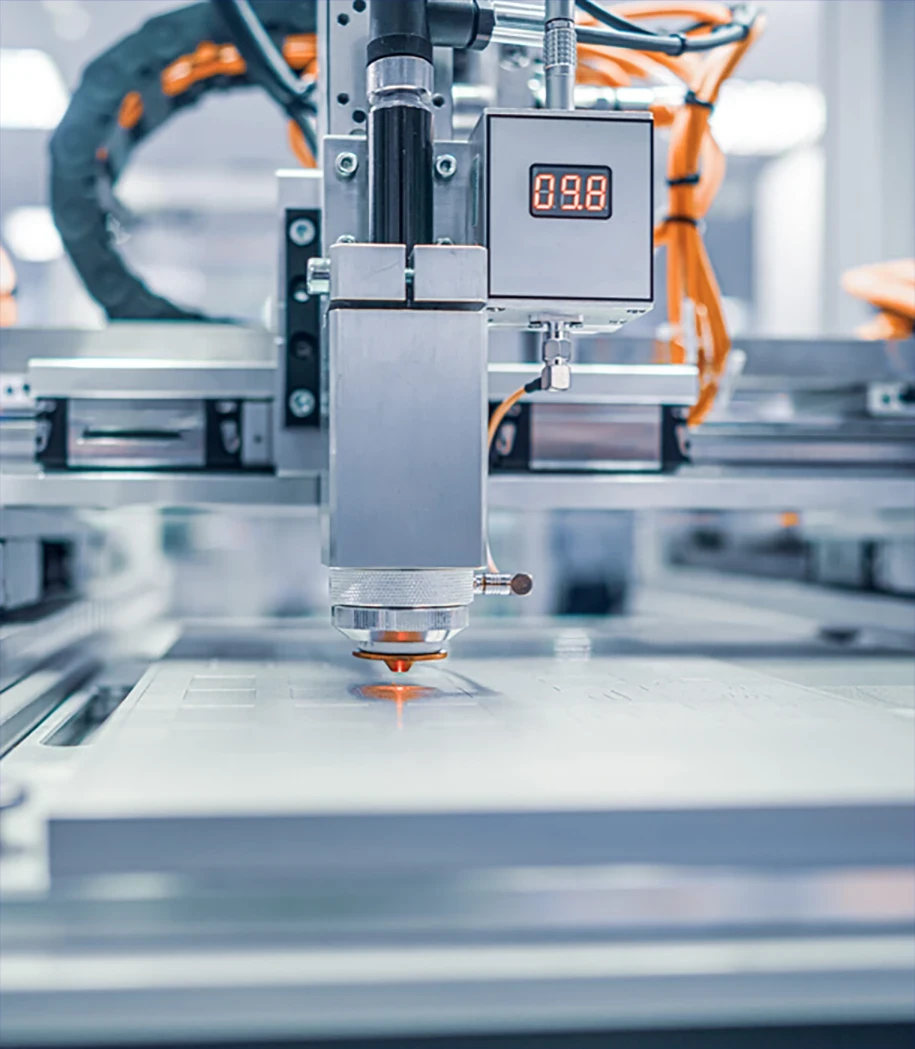 May. 27, 2025
May. 27, 2025Plastic pipe fittings, in particular, are witnessing substantial growth due to their cost-effectiveness and versatility.
-
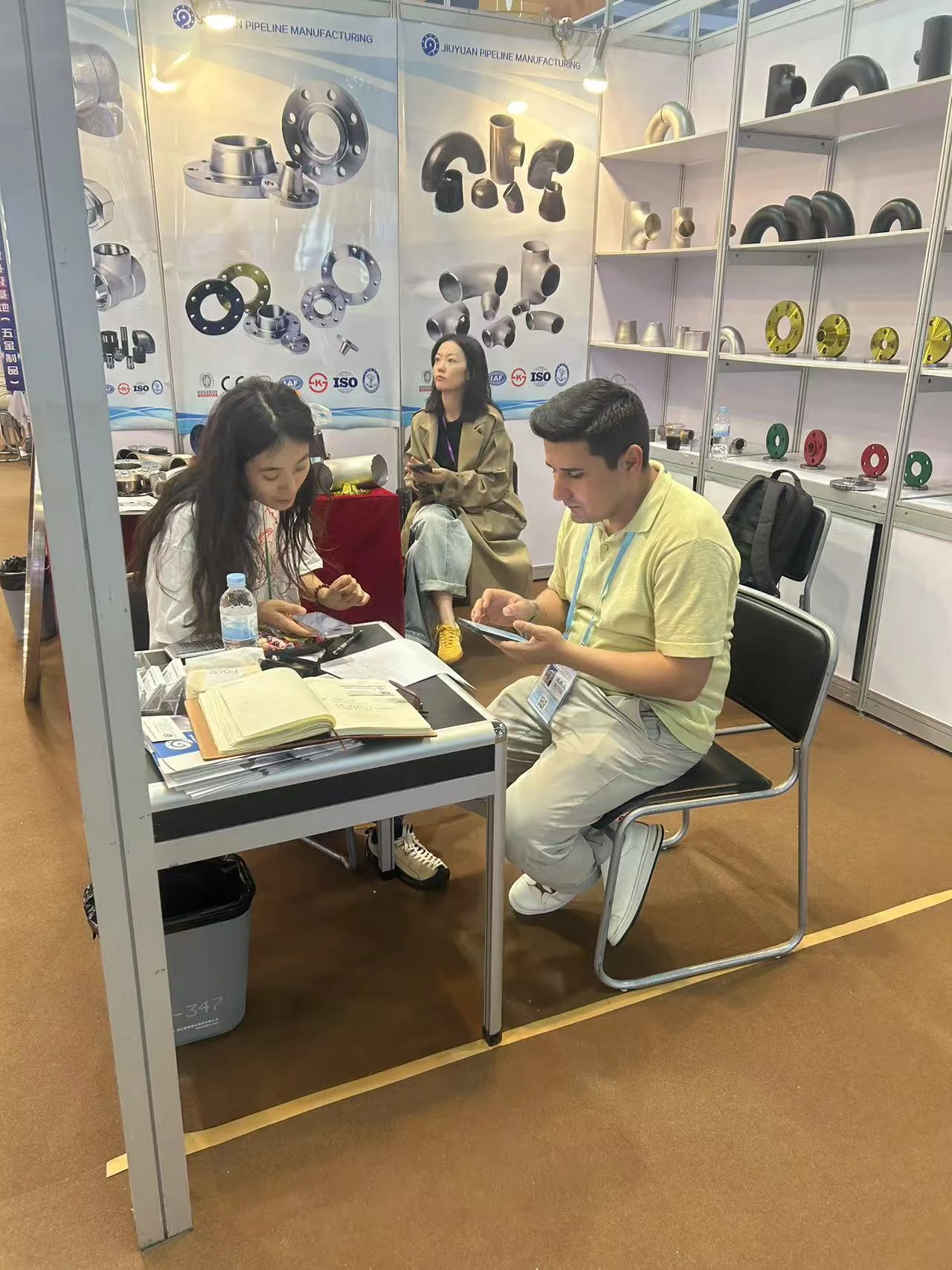 Apr. 28, 2025
Apr. 28, 2025From April 15 to April 19, 2025, our company proudly participated in the renowned Canton Fair held in Guangzhou, China.
If you are interested in our products, you can choose to leave your information here, and we will be in touch with you shortly.
